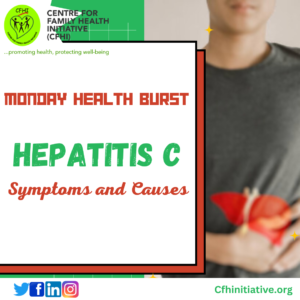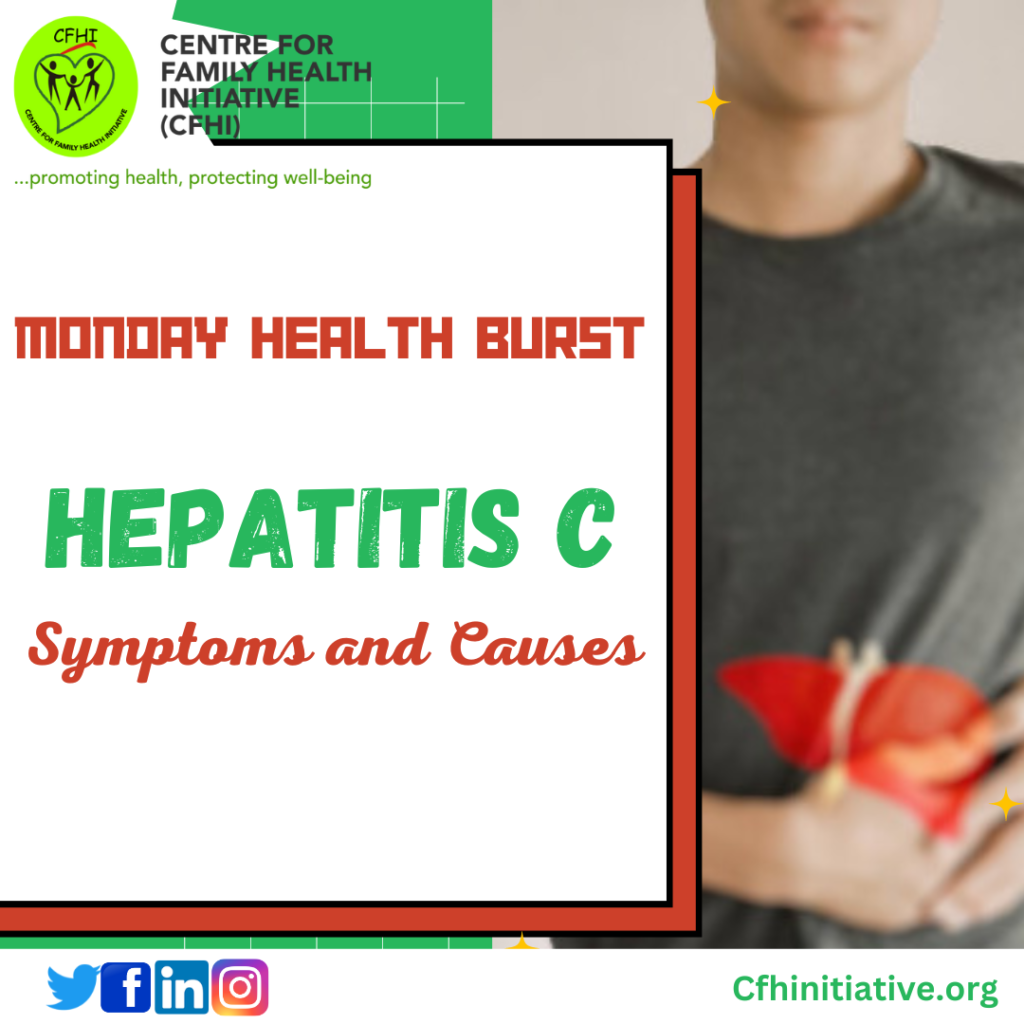Hepatitis C is a viral infection that primarily affects the liver. It is caused by the hepatitis C virus (HCV).
According to the World Health Organization, approximately 58 million people worldwide have chronic hepatitis C virus infection. Every year, 1.5 million new cases are reported. Around 3.2 million children and adolescents also have chronic hepatitis C infection.
Hepatitis C is mainly caused by the Hepatitis C Virus. The virus can be transmitted through direct contact with infected blood. It is crucial to understand that the transmission of HCV can only occur if infected blood enters a person’s system.
According to the Centers for Disease Control, the following are the risk factors for contracting Hepatitis C;
- Receiving organ transplants or transfusions prior to 1992, the year that blood screening became available
- Exposure to a needle stick, which happens frequently to those who work in the healthcare industry
- Being born to a hepatitis C-positive mother
People with hepatitis C may not even know they have it because they show no symptoms, especially during the acute stage. This makes spreading it to other people simpler. When symptoms arise, they include: include fever, fatigue, loss of appetite, nausea, vomiting, abdominal pain, dark urine, and yellowing of the skin or eyes (jaundice).
Hepatitis C can be treated with antiviral drugs, but no vaccine prevents it (WHO).
Early diagnosis and treatment can enhance long-term health and stop severe liver damage.
Monday Health Burst is an initiative of CFHI to address issues of basic health concern. Join us every Monday on all our social media platforms for more episodes.




